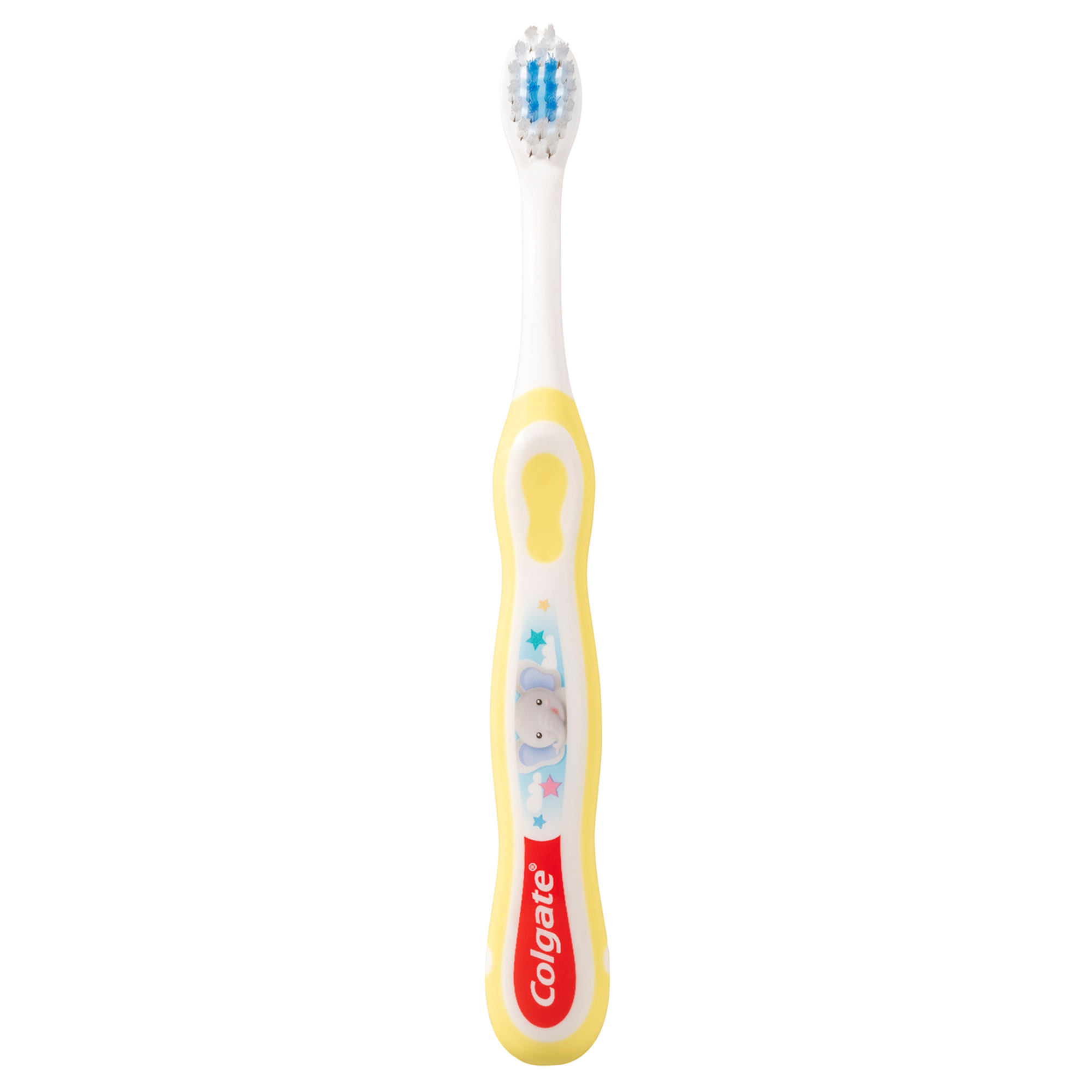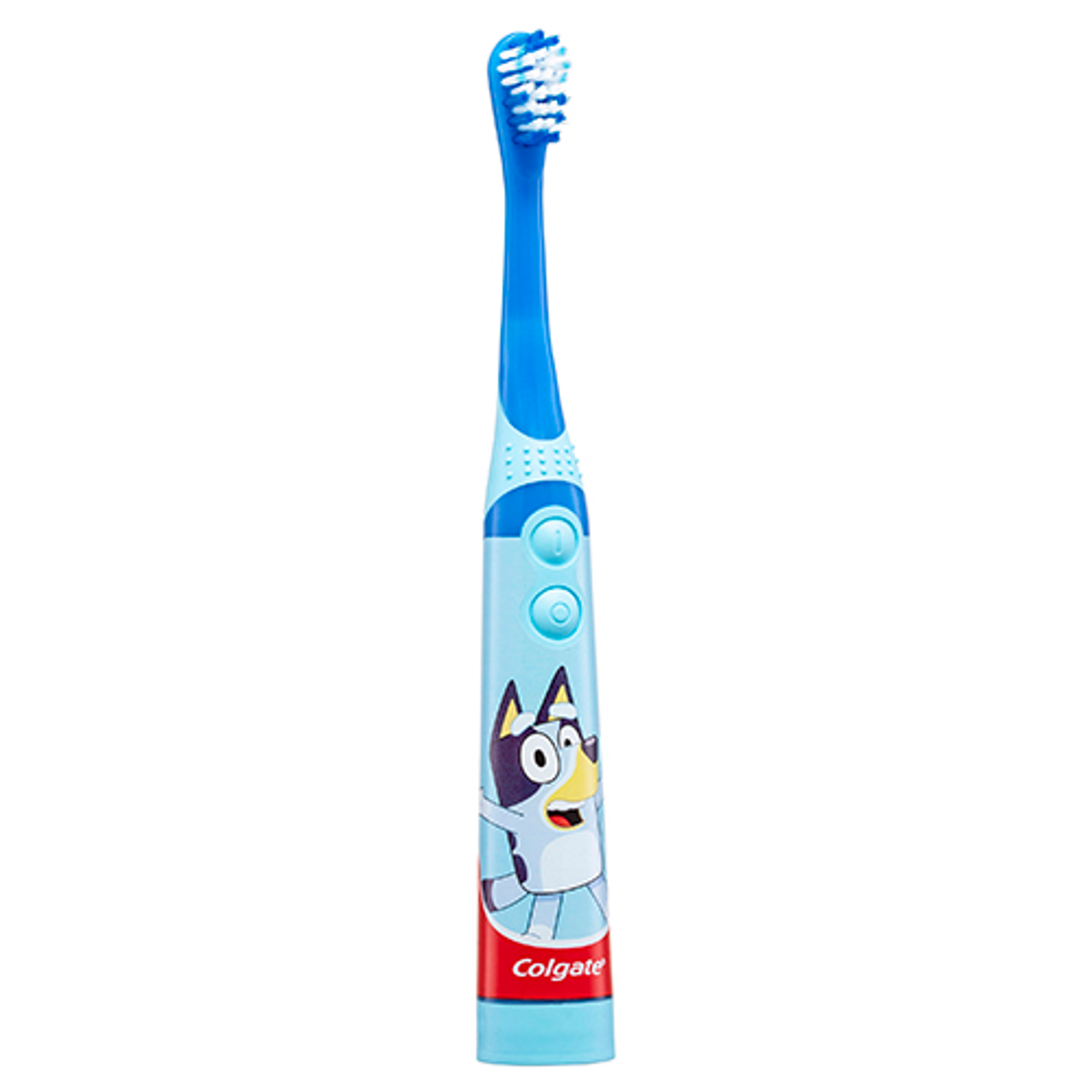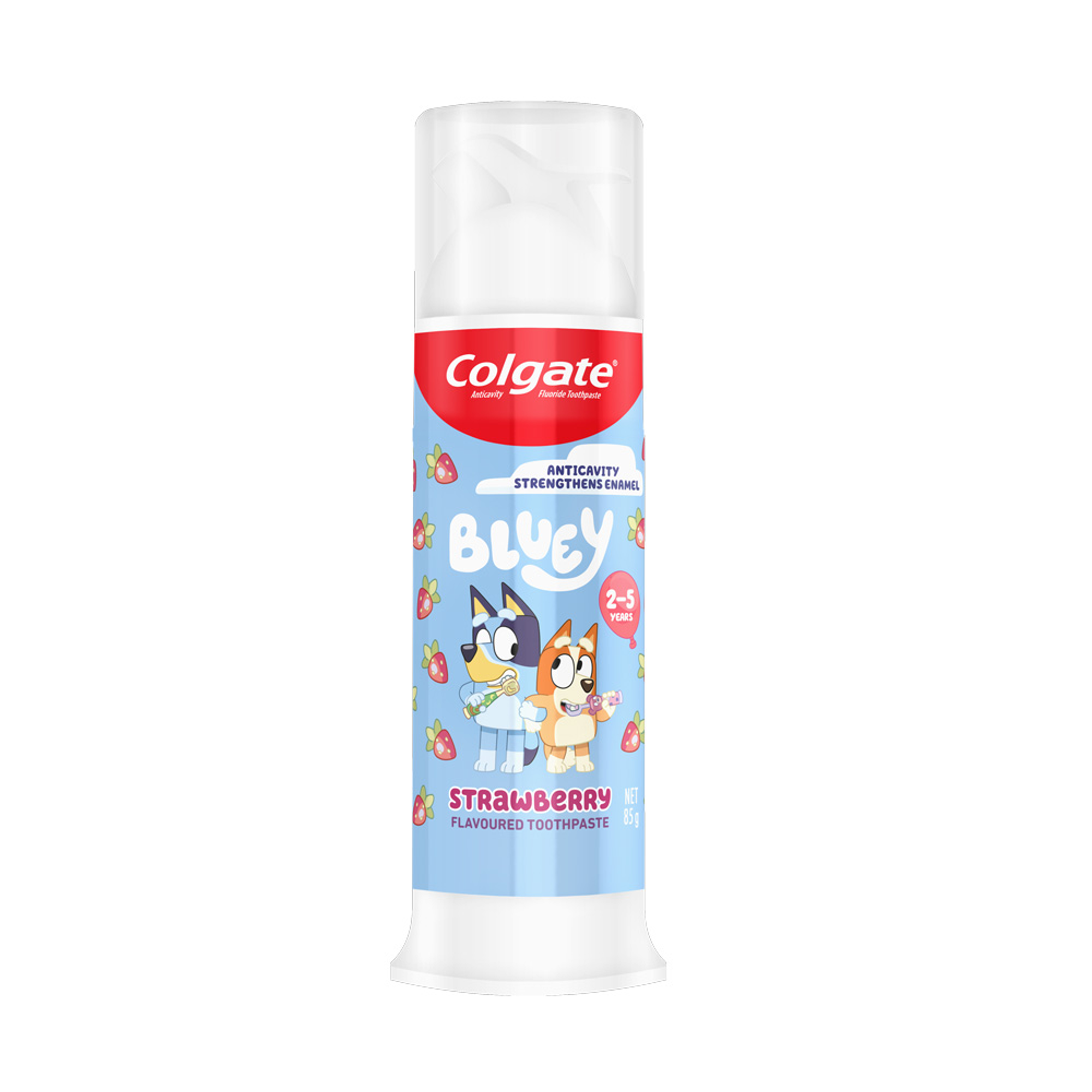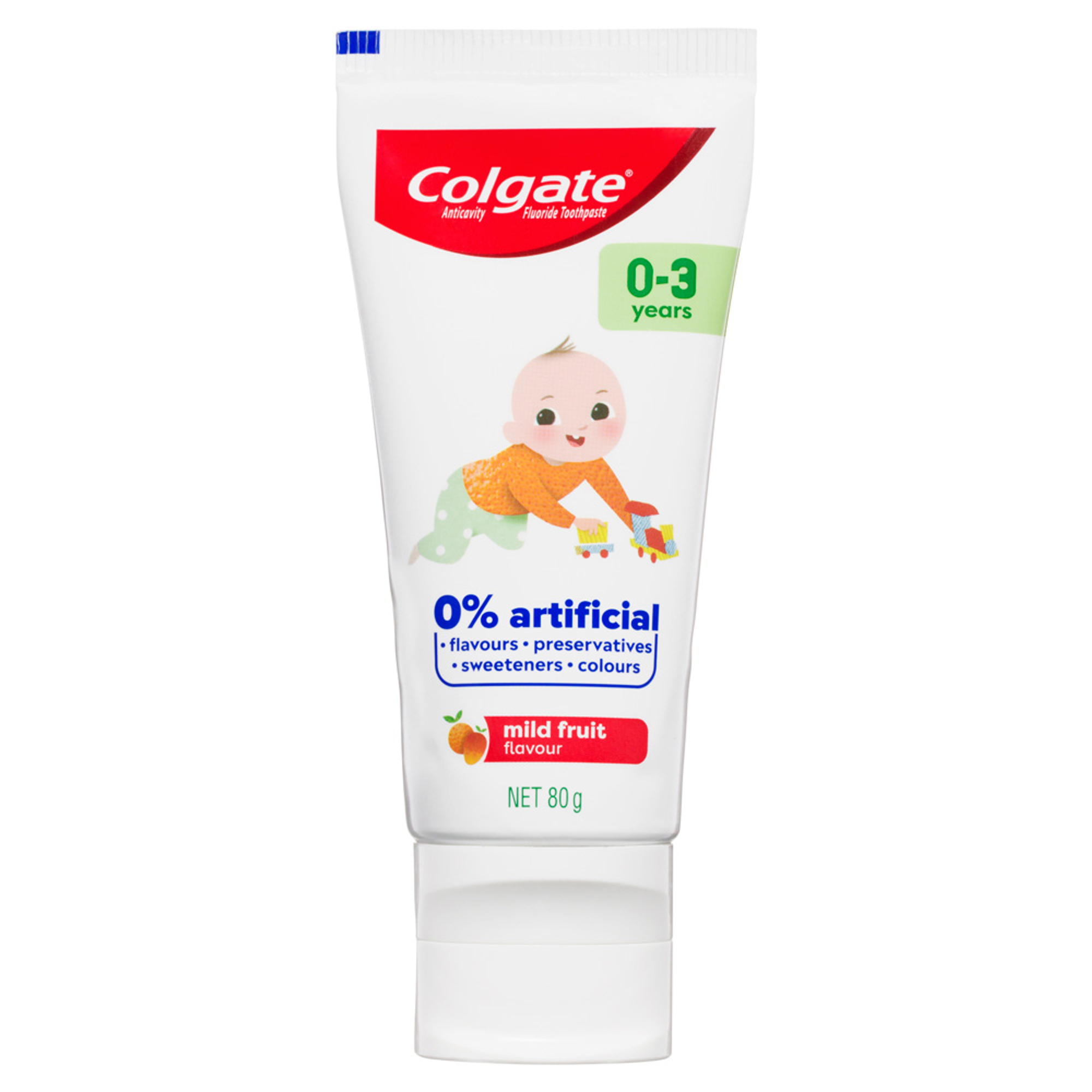-
-

BRUSHING & FLOSSING
How to BrushWhat Is the Right Way to Brush?
Proper brushing takes at least two minutes — that's right, 120 seconds!...

BRUSHING & FLOSSING
How To FlossWhat is the Right Way to Floss?
Proper flossing removes plaque and food particles in places where a toothbrush cannot easily reach... -
Science & Innovation
- Colgate® | Toothpaste, Toothbrushes & Oral Care Resources
- Oral Health
- Early Childhood Caries (ECC): What Is It?
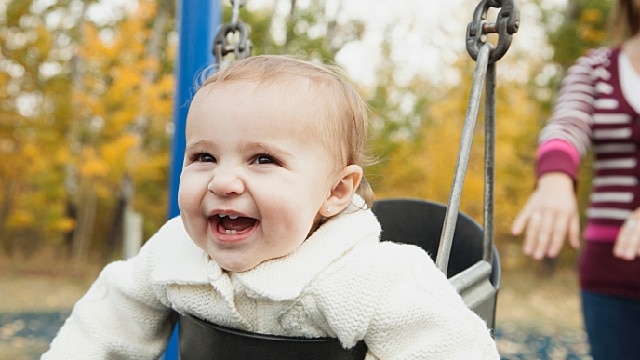

Early childhood caries (ECC) is one of the most prevalent, yet preventable diseases in Australian children under 6 years of age. Also called early childhood dental decay in Australia, ECC is limited to the baby or primary teeth that are replaced by permanent teeth between ages 6 and 12. A child is five times more likely to be diagnosed with dental decay than asthma, according to the Australian Dental Association, WA.
Defining ECC
Based on an article published in the Journal of Primary Health Care, CSIRO reveals that ECC is considered present in a child if he or she is younger than 6 and has already developed one or more cavities in their first set of teeth. Alarmingly, the Australian Institute of Health and Welfare report that approximately two in five (42%) Australian children aged between 5 and 10 years have experienced decay in their primary teeth.
Risk factors for young children
Healthy WA note the following ECC risk factors for infants:
- Falling asleep sucking a bottle filled with sugary liquid
- Falling asleep sucking a dummy dipped in a sweet substance such as honey
- Prolonged breastfeeding (over a year)
- Poor oral hygiene
- No dental check-ups
How can ECC be prevented?
ECC is almost entirely preventable, and it’s not difficult to do. Here are three easy ways parents can lessen their child’s risk of developing a cavity:
- Brush twice daily with a toothpaste that contains an age-appropriate amount of fluoride, to protect the teeth from decay
- Serve healthy foods that don’t contain large amounts of sugar
- Schedule regular visits to a dental professional
Starting a relationship with a dental professional from an early age is also key. The Australian Dental Association recommends that a child's first dental visit should be by the age of 12 months or when their first tooth becomes visible - whichever happens first.
How is ECC treated?
When detected early, a general dental professional, oral health/dental therapist or paediatric dental professional can fill cavities found in primary (baby) teeth and recommend strategies to avoid recurrence of decay. If extensive work is required, a child may need a general anaesthetic in a hospital setting as young children can find it difficult to cope with the long appointments required to carry out the dental treatment. Cavities can be very painful, so it’s essential to have them treated right away.
Early childhood caries is almost entirely avoidable with the consistent help of parents, carers and dental professionals. A healthy lifestyle and good oral health habits can do wonders to avoid unnecessary disease, pain and expense while helping to ensure a lifetime of healthy smiles.
This article is intended to promote understanding of and knowledge about general oral health topics. It is not intended to be a substitute for professional advice, diagnosis or treatment. Always seek the advice of your dentist or other qualified healthcare provider with any questions you may have regarding a medical condition or treatment.
Related Products

Helping dental professionals
More professionals across the world trust Colgate. Find resources, products, and information to give your patients a healthier future







